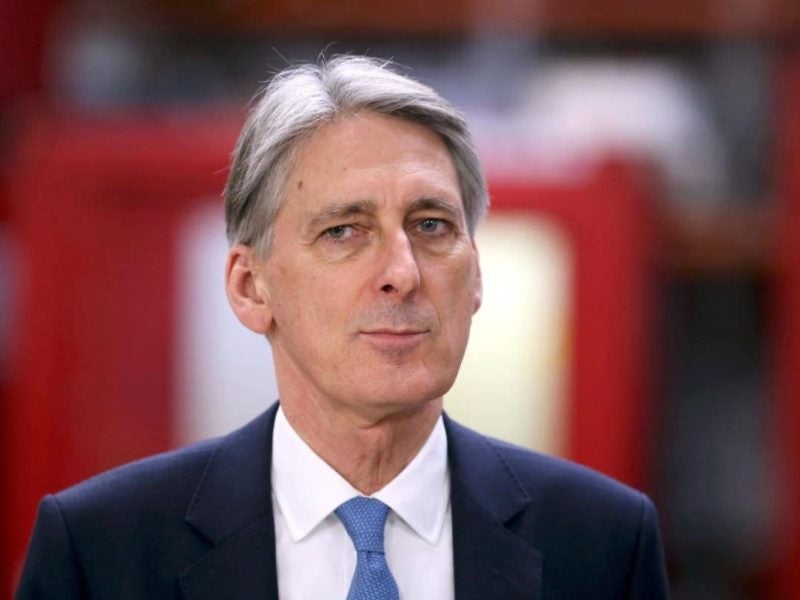
Is the chancellor Philip Hammond’s call for a review of the inheritance tax system a smokescreen for raising revenue or will it merely cloud an already opaque landscape, asks Emelia Hamilton-Russell
News that the chancellor Philip Hammond is calling for a review of Britain’s inheritance tax regime — which last year raised a record £4.9 billion for government coffers — has drawn mixed reactions.
Critics describe the present IHT arrangements as ‘a nightmare of complexity’, and the resentment echoes across the legal, wealth management and accountancy professions.
So when Hammond announced a review of the current regime earlier this week, experts rushed to nominate those aspects of the tax which they regarded as being in the direst need of reform. And where the chancellor’s letter said the review should specifically look at the technical and administrative issues surrounding the regime — such as the process of submitting returns and paying tax due, as well as practical issues surrounding routine estate planning and disclosure — the experts had other ideas.
Tax lawyer James Badcock, a partner at Collyer Bristow, believes the tax is fundamentally unfair as currently configured: ‘In practice, the IHT regime raises relatively little tax, and just acts to discourage ‘middle England’ from organising their estates in a prudent way, and from sharing wealth within their families so it can be used to invest in homes, education and entrepreneurship,’ says Badock. ‘Many of the richest families accumulating dynastic wealth pay relatively little IHT – they are often non-doms, have assets in trusts, or they own a business or agricultural property.’
Nimesh Shah, a tax specialist at Blick Rothenberg, agrees, adding that the now arcane gifting allowance is in great need of amendment: ‘They’ve been around since 1981, and back then, the average house price was £23,000 or £24,000. £3,000 was a fair amount. Now that the average house price is well over £500,000, £3,000 pales into insignificance,’ he tells Spear’s.
And there are other problems, according to Shah, such as the introduction by David Cameron’s government of the family home allowance which is throwing the system into confusion. This reform effectively gives everyone a million pound inheritance tax exemption but has produced a ‘fiddly’ and costly system. ‘Why the government didn’t just increase the normal nil rate band is beyond me,’ Shah adds.
‘Taxpayers and practitioners will hope that any changes bring a fairer and clearer system’, says James Ward, partner and head of private client at Seddons. ‘However, I believe a full overhaul will be needed as, historically, piecemeal changes have left us with a more complicated system than before.’ And probably with raising more revenue, not less.
There are also concerns that the government may use the reforms to overhaul Business Property Relief (BPR), which exempts businesses from being subject to inheritance tax. ‘There’s been talk that the government feel that BPR is too valuable – that it costs the Treasury money,’ confirms Shah.
At a time when Britain’s national debt is worryingly high and when the government is struggling to reduce the deficit, it seems highly improbable that any review of IHT will see a reduction in the tax burden. That said, if the government can defy expectations and make IHT somewhat simpler and possibly fairer, then that is to be welcomed.
Emelia Hamilton-Russell is a researcher for Spear’s






